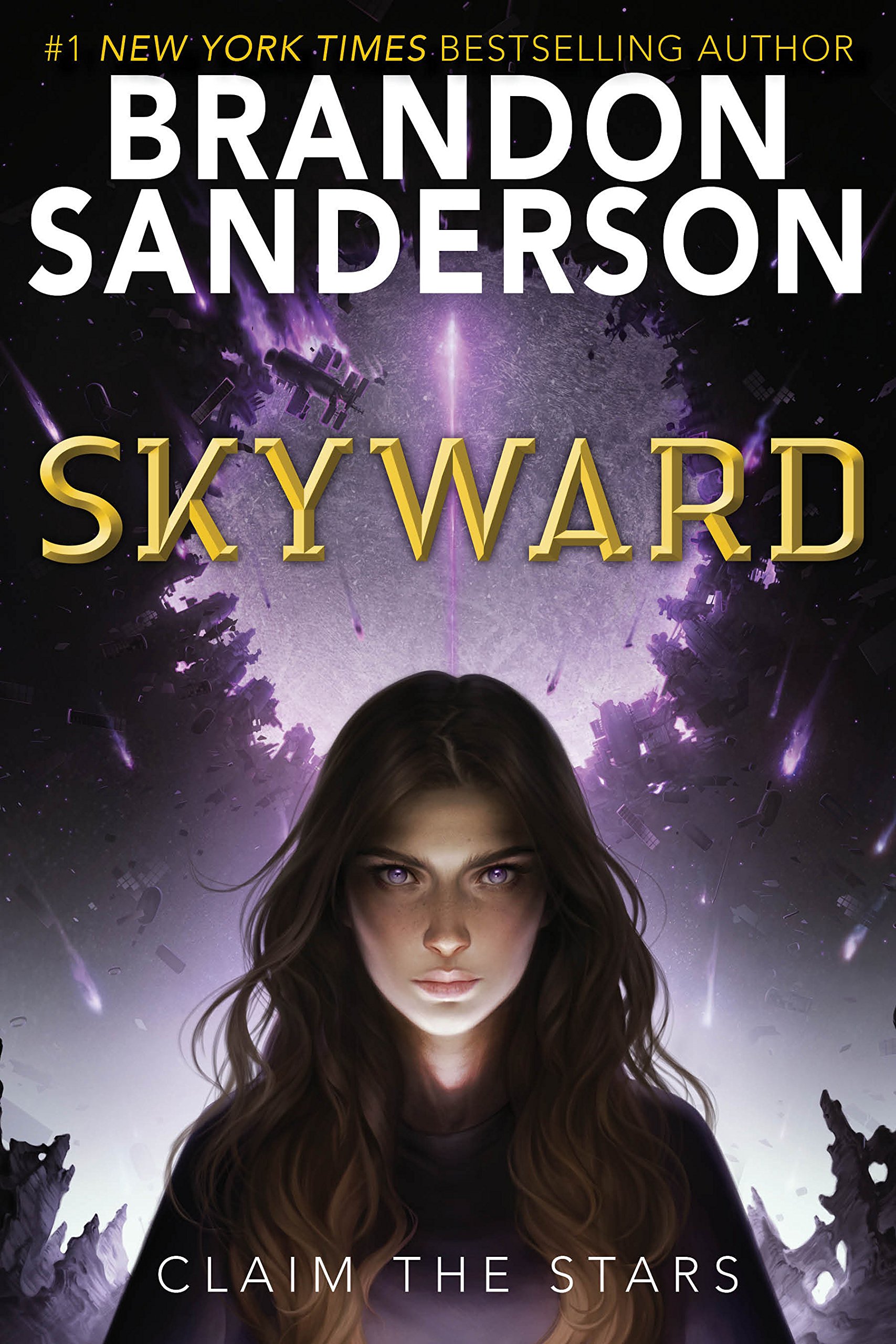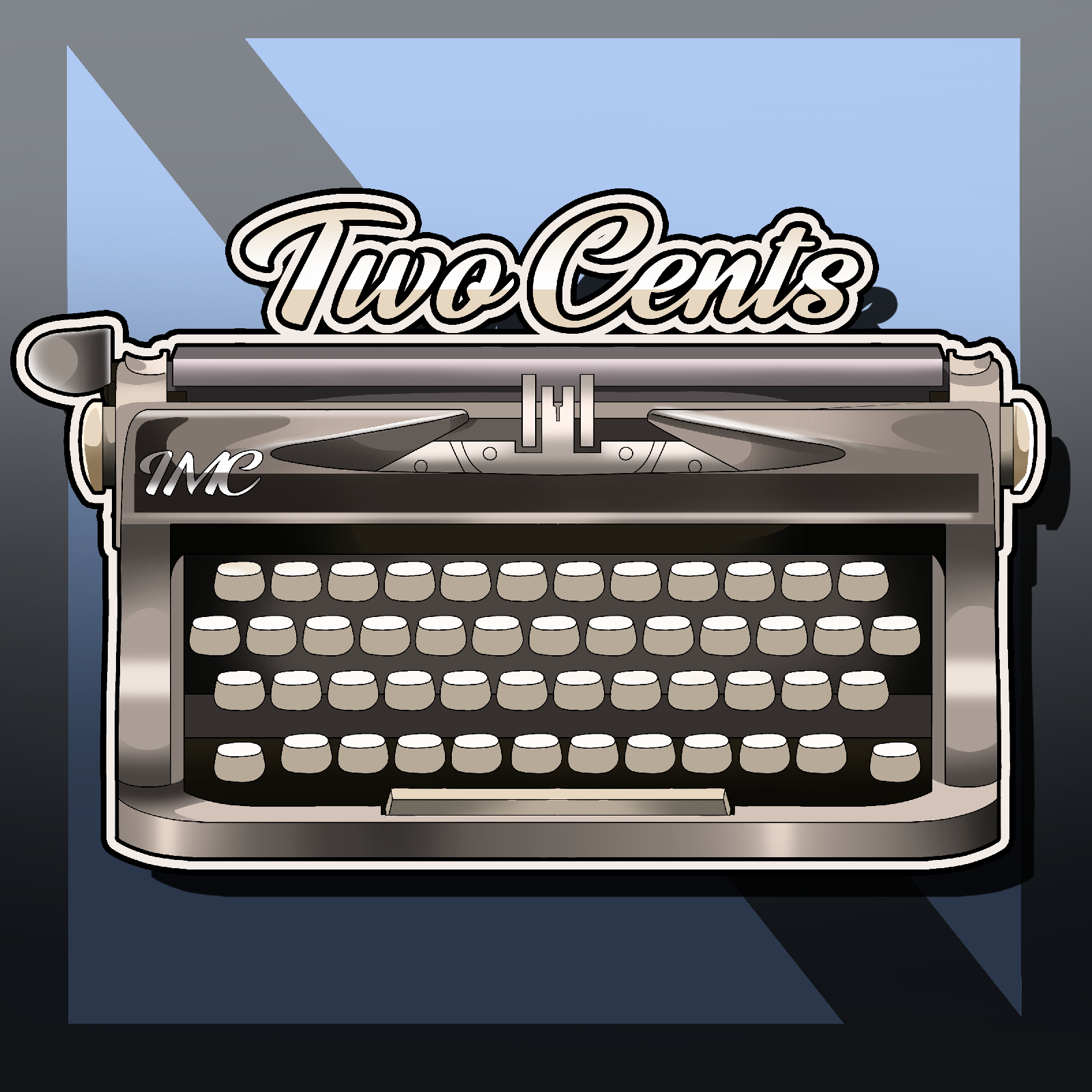Brandon Sanderson's Skyward
 Last week, I mentioned some of the books I'd recently read. Among them was Brandon Sanderson's latest Young Adult release from Random House in November titled, Skyward.
Last week, I mentioned some of the books I'd recently read. Among them was Brandon Sanderson's latest Young Adult release from Random House in November titled, Skyward.
Sanderson's been one of my favorite contemporary authors for years. The first thing of his I read was his Hugo Award-winning novella, The Emperor's Soul. From there, I began reading the Reckoners Trilogy as the books were coming out several years back. Since then, I've read a number of his other books, including Elantris and the original Mistborn Trilogy. Reading all this work by him gave me two major insights into his work.
The first is that Sanderson is a storyteller above all else. His style of writing is plain and straightforward--a trait he shares with writers like Orson Scott Card and Isaac Asimov. This means that, while it may not glimmer with the same stylistic brilliance that writers like Patrick Rothfuss or Peter S. Beagle are capable of showing off, readers are never distracted or confused about what's going on in the story.
Nonetheless--and this is my second point--he is fully capable of throwing in an insightful, light-catching phrase here and there. When they do occur, they're like a forzando in symphony; they emphasis a powerful emotional, psychological human truth exactly a the point in the story when that point needs emphasis. As I read, I found a passage or two that was haunting, such as, ""Is anything fair?" He smiled. "Death is. He treats us all the same."" (That's one of the most eloquent, yet disconcerting things I've recently read.)
Skyward yet again shows off these two attributes to Sanderson's writing style. (Check out the video below, where Brandon recounts the story of how this book came to be (with other stuff as well)):
Like the Reckoners--and like a lot of YA fiction being written at the moment--Skyward is a first-person novel. We're told the story mainly through the voice of the story's protagonist, Spensa "Spin" Nightshade.
Spin is an outsider in the world (a science fictional world) she lives in. She's the daughter of a pilot who was a known coward, and she's treated appallingly as a result for her whole life as a result. However, Spin loves and idolizes her father and dreams of becoming a pilot just like him. However, the powers-that-be do not wish to give her the opportunity, and in typical coming-of-age fashion, despite the numerous obstacles she faces, she persists.
Along the way, she makes friends in the guises of people she'd least expected to do so. She also helps her best friend find his calling in life. And, she discovers many strange and amazing things, among them the truth about her father, facts about how and why her human ancestors ended up on their wasteland planet home, and (on the more fun side of things), a talking Space Ship.
There are a number of reasons why readers may not like this book, especially those who have come to expect a certain kind of book (meaning Epic or Heroic Fantasy), from him.
First and foremost, this book technically falls into the realm of Science Fiction, a genre Sanderson has made forays into in some of his shorter works, like Perfect State and his Legion series, but he's never done a full-blown novel. And even when he does do anything we'd call science fiction, a number of people would argue that the classification is inaccurate. For some readers, Science Fiction can only be about plausible futures, with possible advances in technology or society (see something like Asimov's I, Robot). However, I'm of the school of thought that if it has advanced virtual worlds, strange genetic mutations that aren't fully explainable, aliens, interstellar space travel, space ships and AIs with attitude, then it's science fiction (in other words, coolness always trumps plausibility).
Additionally, I mentioned that the book is mostly told from Spin's first person viewpoint. However, it's not the only voice in this story.
At particular breaking points--mainly between each of the "Parts"--in the narrative briefly diverts away from Spin via well marked interludes, and we are given a glimpse into the mind of her man human antagonist: Ironsides, a former pilot who flew with Spin's father, who happens to be head of the flying corps in the book. It's an interesting narrative device I've notice Sanderson deploy in a few of his books, most notably The Stormlight Archive. It serves as a help to ratchet up tension and excite curiosity into one of the main mysteries compelling the book, that of what really happened on the day when Spin's father, Chaser, got branded as a coward (No spoilers, don't worry).
I find this technique--from the viewpoint of a fellow writer--to be an interesting choice. At the same time though, I have no doubt that some readers might very well be jarred by these regular, yet surprising diversions from the main story. For me though, it worked just fine.
The novel as a whole actually worked well for me. Most of the secondary characters are sparsely described physically, yet, Sanderson does a wonderful job at unveiling who they are and where they come from via their dialogue. In fact I'd guess that I could probably pinpoint which character said what without and dialogue attributions. As a whole it's also that most wonderful kinds of stories: the pursuit of your dreams story. Spin, despite all the obstacles she faces through the narrative, does trek on and achieve her goal. More than achieve it, she exceeds it.
If I have one problem with this book, it's that it ended. It's a testament to Sanderson's abilities as a storyteller that he can make a 517 page book feel like it just breezed by. But, in typical YA series fashion, the book doesn't end with a clean full-stop. No. It ends with a lead-in to the next book in the series. And now that he's got me hooked, no matter how long this series ends up being, I'll keep going, because I want to know what will become of Spin and the people of her world.
And I'm sure that's how everyone who picks this book up will feel as well.


Comments